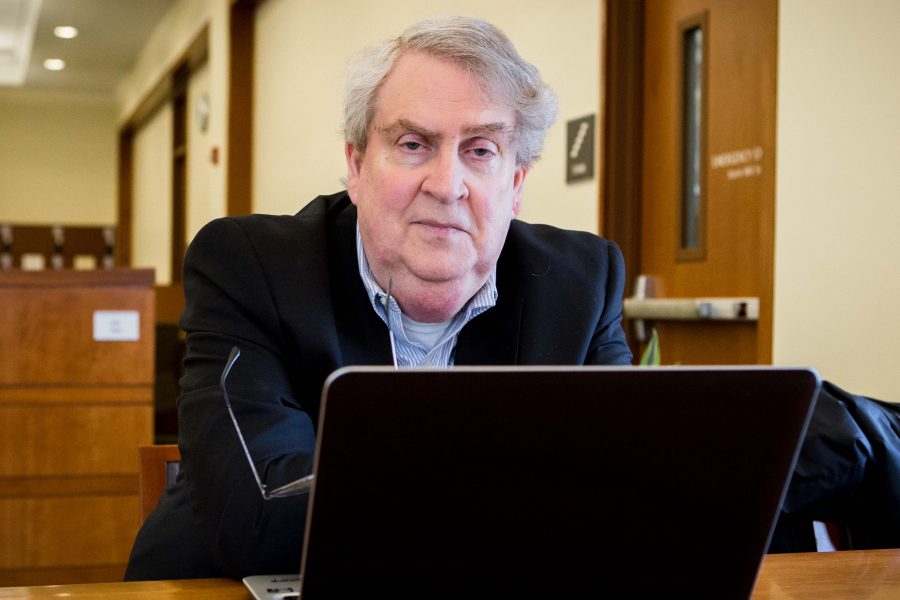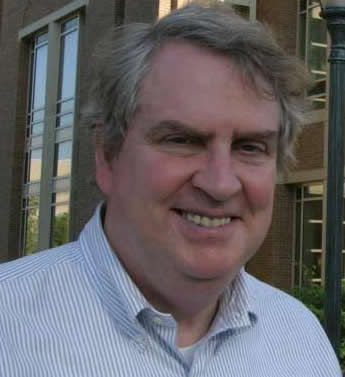The Wisconsin Supreme Court’s decision in the McAdams v Marquette case requires that McAdams be reinstated as a professor. McAdams said he will absolutely be returning to Marquette, something he has been adamant about throughout the duration of the case.
“I’m elated,” McAdams said of the state supreme court’s decision in his favor, issued this morning. “It’s been three-and-a-half years of being in limbo, one legal hassle after another.”
He said it may be too late for the university to add him to the fall semester’s schedule, but he will be back teaching by the spring 2019 semester.
McAdams said he isn’t concerned about tensions between other faculty or the university administration, in part because of instructions laid out in the court’s decision.
“They’ll leave me alone, I’ll leave them alone,” he said.
He said a decision in Marquette’s favor would have established a “very nasty precedent” for academic freedom, but that the decision in his favor doesn’t change how academic freedom will be applied in the future or at other universities.
Marquette maintains that academic freedom was not at the crux of the case.
“This case has never been about academic freedom or a professor’s political views,” the university said in a statement issued today. “Had the professor published the same blog without the student-teacher’s name or contact information, he would not have been disciplined.”
McAdams said one element of the case that may have broader reach, which Marquette has raised concerns about, is the role of governing bodies within universities, like the Faculty Hearing Committee that originally heard McAdams’ case and determined an unpaid suspension was warranted.
“That my academic freedom would be judged by faculty doesn’t make any sense,” he said. “If academic freedom is in the hands of other faculty, it’s pretty tenuous.”
He said institutions cannot be trusted to protect academic freedom without binding contracts that expressly guarantee it, which is why the court’s decision is important for private university faculty.




